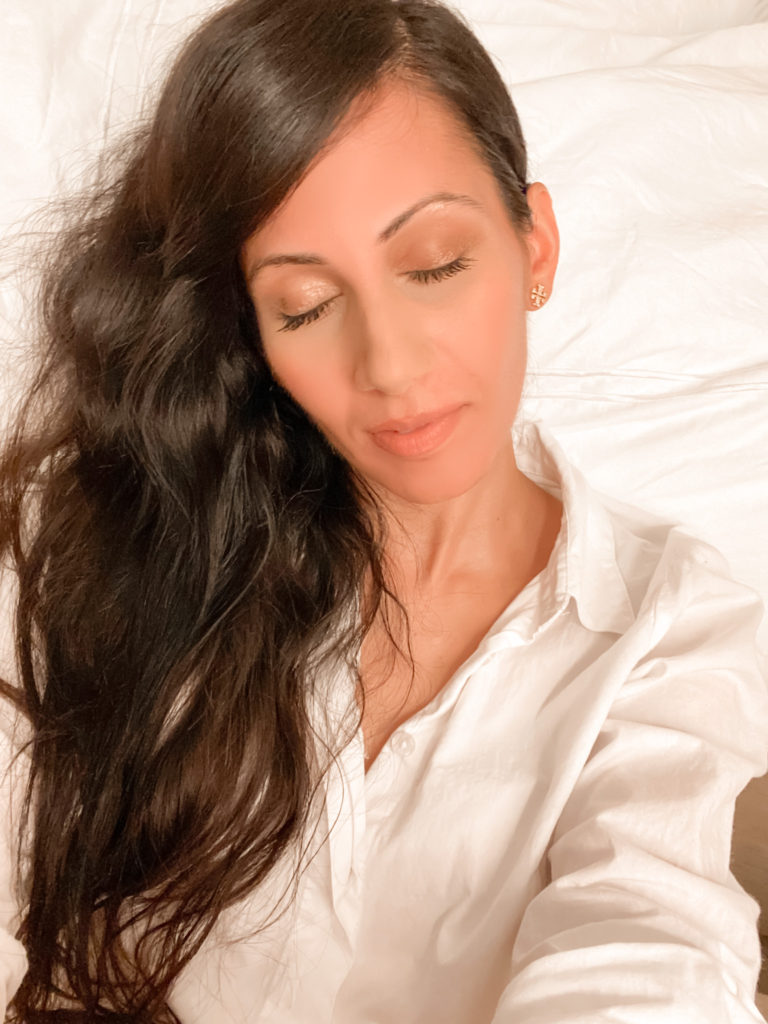
I always get asked why I went into Sleep Medicine and my answer is simple. Sleep is universal. It is a fundamental ingredient of life and is intertwined with so many different aspects of medicine and health. As humans, we spend over one third or more of our lives sleeping so naturally, it makes sense to try and achieve the best quality sleep we can get right? One of the biggest complaints I’ve heard recently from patient’s, colleagues and friends has been the increase in stress and poor sleep quality from COVID-19 and its profound effects. I wanted to share some simple tips to help promote healthy sleep quality.
As a Sleep Medicine Physician, I see and treat a variety of complex sleep disorders (sleep apnea, insomnia, narcolepsy, hypersomnia/fatigue, jet lag disorder from traveling, shift work disorder, various movement disorders, restless legs, nightmare disorders, depression/effects on sleep health). The single most rewarding part of my job is being able to help someone sleep better because this can have so many positive effects on one’s mental and physical well being. Although each individual’s sleep requirements may vary, the American Academy of Sleep Medicine recommends at least 7-8 hours of sleep per night to promote optimal health.
One of the key ingredients in promoting sleep quality is practicing healthy sleep hygiene habits. Some of these include maintaining a consistent sleep/wake schedule on weekdays and weekends, avoiding caffeine after noon, avoiding excessive daytime napping and limiting naps to 20 minute “power naps” to prevent interference with night time sleep, and avoiding alcohol four hours prior to bedtime due to its effects on sleep disordered breathing and increasing nighttime awakenings.
Another element in promoting sleep quality includes practicing stimulus control. Stimulus control includes avoiding bright lights (natural or room lighting) one to two hours before designated bedtime as the stimulation from lighting can effect Melatonin production in our bodies which can disrupt sleeping patterns. I also recommend minimizing electronic usage (television, cell phones, iPads etc.) prior to bedtime for the same reason. Environment can also play a role in achieving healthy sleep with a cool, dark, and quiet sleeping environment being optimal. Anxiety and sleep can also have a significant effect on each other. I am guilty of this myself like many others but disconnecting from social media/news outlets/work emails at least thirty minutes before bedtime may also help to minimize anxiety. Also for anyone out there suffering from sleep related anxiety or anxiety in general, sometimes scheduling a designated “worry time” prior to bed may help alleviate symptoms closer to bedtime.
Maintaining and nurturing mental and physical health can also help promote healthy sleep. Exercising for thirty minutes at least three times per week including aerobic exercise or walking is important. Activities like yoga and meditation can improve ones mental health which in turn can have a positive effect on sleep quality. As I mentioned above, one of the most fascinating aspects of Sleep Medicine is its connection to mind, body and soul. Without even being aware of it, our day to day activities/hobbies play a profound role in our wellbeing so taking the time to attend to your needs both physically and mentally can help promote optimal sleep health.
And finally, for anyone out there reading this, I want you to know that it will be okay. During this pandemic, our goal is to stay healthy and alive. If you’re someone that is used to having an endless amount of goals and aspirations, try not to be so hard on yourself. I am a perfectionist and the last several months have been a struggle at times, but I try to remind myself everyday that we all are in this together and we are doing the best we can. I encourage everyone of you reading this to sit with your thoughts and listen to what your body needs. Take that personal time each day for yourself. Utilize the strength and support of family, friends, neighbors, colleagues and strangers but don’t be afraid to seek help from a healthcare professional if you need that extra encouragement and support. And most importantly, continue to practice gratitude daily. Gratitude is a great way to cultivate joy and enrich life. Appreciate and give recognition to even the smallest things that bring you joy in whatever capacity that may be.







